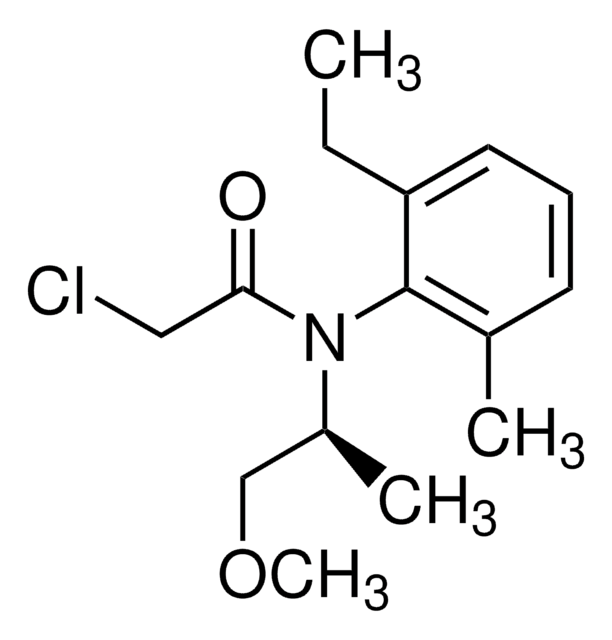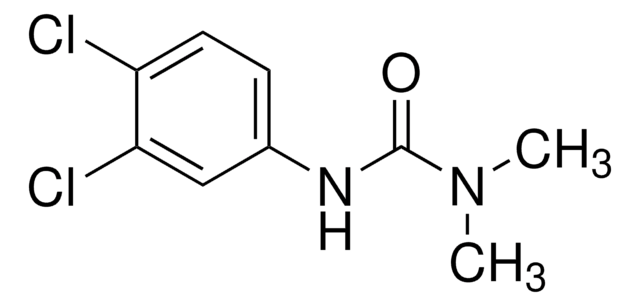46950
Fluorescein 5(6)-isothiocyanate
BioReagent, suitable for fluorescence, mixture of 2 components, ≥90% (HPLC)
Synonym(s):
FITC, Fluorescein isothiocyanate
About This Item
Recommended Products
product line
BioReagent
Assay
≥90% (HPLC)
fluorescence
λex 492 nm; λem 518 nm in 0.1 M phosphate pH 8.0
suitability
suitable for fluorescence
storage temp.
−20°C
SMILES string
Oc1ccc2c(Oc3cc(O)ccc3C24OC(=O)c5cc(ccc45)N=C=S)c1
InChI
1S/C21H11NO5S/c23-12-2-5-16-18(8-12)26-19-9-13(24)3-6-17(19)21(16)15-4-1-11(22-10-28)7-14(15)20(25)27-21/h1-9,23-24H
InChI key
MHMNJMPURVTYEJ-UHFFFAOYSA-N
Looking for similar products? Visit Product Comparison Guide
Related Categories
General description
Application
Packaging
Storage Class Code
11 - Combustible Solids
WGK
WGK 3
Personal Protective Equipment
Certificates of Analysis (COA)
Search for Certificates of Analysis (COA) by entering the products Lot/Batch Number. Lot and Batch Numbers can be found on a product’s label following the words ‘Lot’ or ‘Batch’.
Already Own This Product?
Find documentation for the products that you have recently purchased in the Document Library.
Customers Also Viewed
Our team of scientists has experience in all areas of research including Life Science, Material Science, Chemical Synthesis, Chromatography, Analytical and many others.
Contact Technical Service







![6-[Fluorescein-5(6)-carboxamido]hexanoic acid N-hydroxysuccinimide ester suitable for fluorescence, ≥75% (HPLC)](/deepweb/assets/sigmaaldrich/product/structures/387/963/318bf7ad-cf3e-4963-b3df-a9631e1631ae/640/318bf7ad-cf3e-4963-b3df-a9631e1631ae.png)

